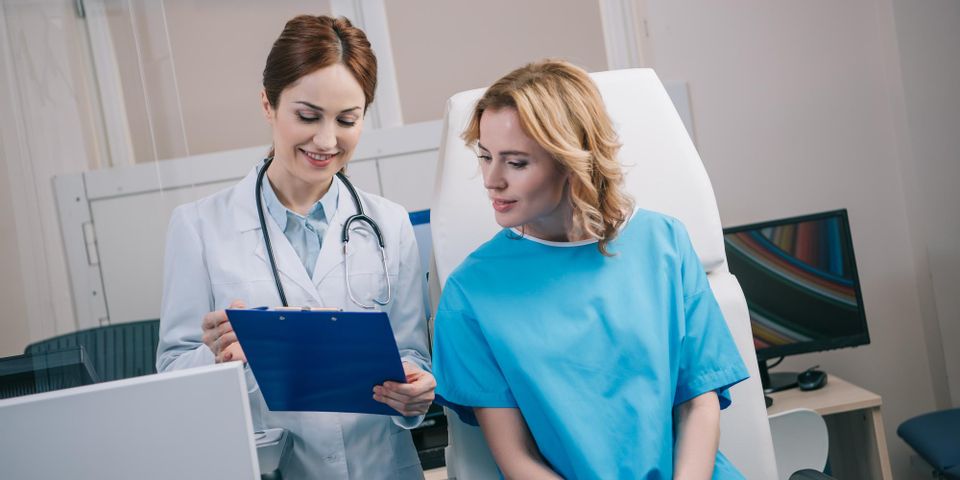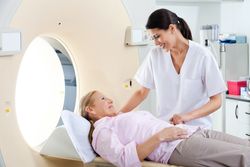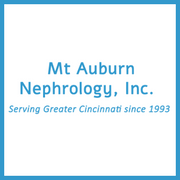
Kidney stones are mineral deposits that form when urine contains more calcium, oxalate, and uric acid than the organ can dilute. They can cause symptoms like severe pain in the back and sides, pain when urinating, nausea and vomiting, and a need to urinate more frequently. If you have these symptoms, here are four ways a kidney doctor can diagnose the condition.
How Are Kidney Stones Diagnosed?
1. Abdominal X-ray
Abdominal X-rays can show where kidney stones are in the urinary tract. The X-rays use low levels of radiation, and the images get recorded for a radiologist to examine later. It’s a quick procedure.
You stand up or lie on an examining table, and the X-ray technician positions the camera over your abdomen and asks you to hold your breath while they take the picture. Not all kidney stones are visible on an X-ray. Uric acid kidney stones won’t show up, so a negative result doesn’t mean you don’t have them.
2. CT Scan
 A computed tomography (CT) scan uses X-rays and computer technology to create images of your urinary tract. You lie on a bed and slide into a large tunnel-like X-ray machine that takes pictures of your abdominal area. A CT scan is more detailed than an x-ray alone. It shows where the kidney stone is, how big it is, whether it’s blocking the urinary tract, and even what may have caused it.
A computed tomography (CT) scan uses X-rays and computer technology to create images of your urinary tract. You lie on a bed and slide into a large tunnel-like X-ray machine that takes pictures of your abdominal area. A CT scan is more detailed than an x-ray alone. It shows where the kidney stone is, how big it is, whether it’s blocking the urinary tract, and even what may have caused it.
3. Urine Test
Urine testing analyzes the liquid to see if it contains blood and traces of calcium, oxalate, and uric acid. It also looks at whether you are producing enough stone-preventing substances. You collect a urine sample, and a medical professional will test it in a lab. For a more accurate test, you may have to provide two urine samples over two consecutive days.
4. Blood Test
Blood tests reveal whether you have too much calcium or uric acid – both minerals can lead to kidney stones – in your blood. Your blood work is sent to a lab for analysis, and the results may lead to further tests.
If you’re experiencing any of the symptoms of kidney stones, or if kidney stones are a recurring medical condition for you, partner with the team at Mt Auburn Nephrology in Cincinnati, OH. This full-service nephrology clinic has served the residents of Greater Cincinnati since 1993. They offer a range of diagnosis and treatment services for kidney disease, kidney stones, and hypertension. With four clinics in the local area, the team strives to make scheduling an appointment convenient and straightforward. Call today at (513) 841-0222 or visit the website to find out more.
About the Business
Have a question? Ask the experts!
Send your question

